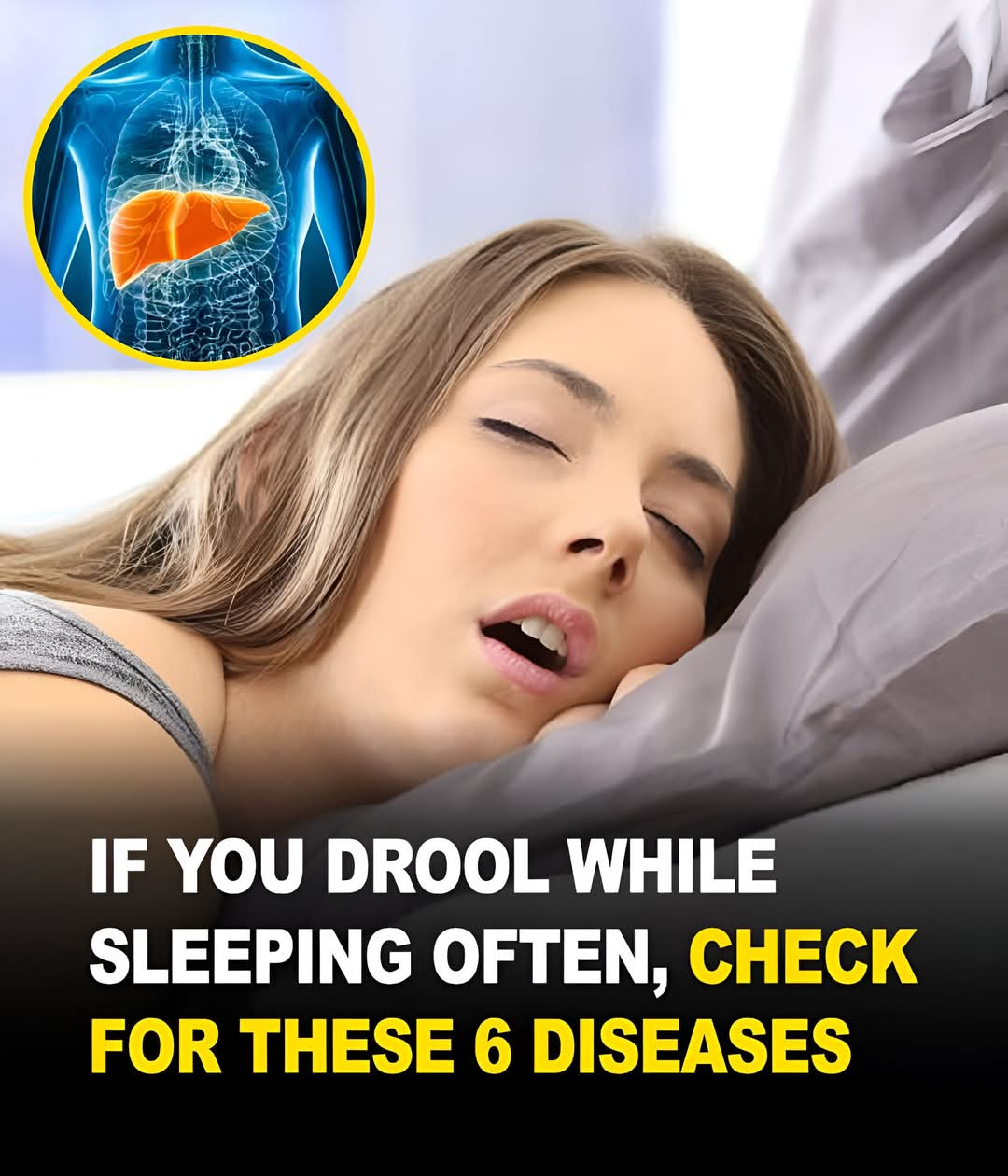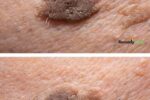Drooling in Your Sleep? Here’s What Your Body Might Be Telling You

Waking up to a wet pillow isn’t the best feeling. While occasional drooling is normal, especially when you’re in a deep sleep, regular or excessive drooling could be a sign that something else is going on inside your body.
Let’s explore the top 10 reasons why you might be drooling while you sleep — and whether it’s something to worry about.
1. Sleeping Position
If you sleep on your side or stomach, gravity naturally pulls saliva out of your mouth. This is the most common and harmless reason for drooling.
2. Blocked Sinuses or Allergies
When your nose is blocked, you breathe through your mouth — which often leads to drooling. Allergies, colds, or sinus infections can all be culprits.
3. Acid Reflux or GERD
People with acid reflux might experience increased saliva production during the night. Your body creates more saliva to try to soothe the acid irritation.
4. Sleep Apnea
Sleep apnea is a condition where breathing is interrupted during sleep. One symptom? Mouth breathing and drooling. If you also snore or feel tired during the day, it’s worth getting checked.
5. Tonsil or Throat Infections
Inflammation in the throat or tonsils can make swallowing difficult, causing saliva to build up in your mouth and leak out.
6. Medication Side Effects
Some medications, like those for mental health or Alzheimer’s, can increase saliva production or make it harder to swallow, leading to drooling.
7. Neurological Conditions
Conditions like Parkinson’s disease, ALS, or stroke can affect muscle control in the face, making it difficult to manage saliva during sleep.
8. Enlarged Tonsils or Adenoids
This is especially common in children. Swollen tonsils or adenoids can block airflow and lead to mouth breathing and drooling.
9. Dental or Oral Issues
Poorly fitting dentures, dental infections, or misaligned teeth can affect how your mouth closes, causing saliva to escape while you sleep.
10. Side Effect of Deep Sleep
Ironically, deep, restful sleep causes the body to relax — including the muscles that keep your mouth closed. So, if you’re drooling, you might just be getting great rest!
Should You Be Concerned?
Occasional drooling isn’t a big deal. But if it happens often, comes with other symptoms (like snoring, bad breath, or fatigue), or affects your daily life, it’s worth talking to a doctor.
FAQs
Q1: Is it normal to drool every night?
A: Some drooling is normal, but if it’s happening nightly or soaking your pillow, it could be worth checking with a doctor.
Q2: Can changing sleep position help?
A: Yes. Sleeping on your back often reduces drooling.
Q3: Should I see a doctor if I drool and snore?
A: Yes, especially if you feel tired during the day. These can be signs of sleep apnea.
Q4: Can certain foods cause drooling?
A: Spicy or acidic foods before bed can sometimes trigger more saliva production.






